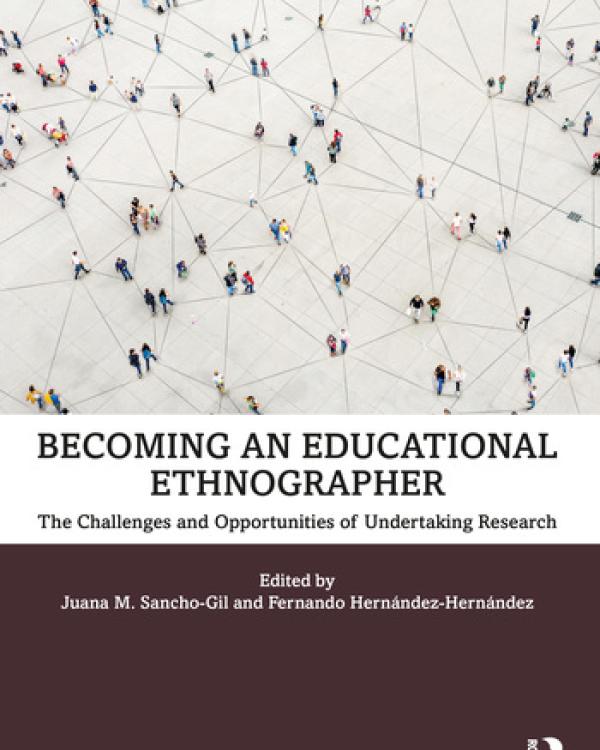
Three UC Santa Barbara Gevirtz School alumni--Stephanie Couch, Audra Skukauskaite, and Rick Bacon--are contributing chapters to Becoming an Educational Ethnographer: The Challenges and Opportunities of Undertaking Research, a new book from Routledge edited by Juana M. Sancho-Gil and Fernando Hernández-Hernández. The collection offers a variety of perspectives on the learning and teaching of educational ethnography, focusing on practical advice and the perspectives of contributing authors from around the globe. The content highlights case studies and the contributors’ personal experiences to illustrate the pros and cons of ethnographic research and the particular challenges facing educational ethnographers.
The chapters contributed by GGSE alumni are:
“Roots and routes to reading the world as an ethnographer” by Stephanie Couch (Education, Ph.D., ’12). Couch is the Executive Director of the Lemelson-MIT Program affiliated with the School of Engineering at the Massachusetts Institute of Technology. Her interests center around developing STEM education programs and ethnographic studies of teaching and learning.
“Becoming an ethnographer: Living, teaching and learning ethnographically” by Audra Skukauskaite (Education, Ph.D., ’06). Skukauskaite is a professor at the University of Central Florida and is affiliated with the Klaipeda University, Lithuania and Saybrook University, California. Her research interests focus on understanding the complex interactions between education and cultural, socio-historical, and academic environments.
“The challenges and opportunities of becoming an ethnographer” by Rick Bacon (Education, Ph.D., ’18). Bacon is the Chief Executive Officer of Aqua Metrology Systems, a water technology start-up. His research focuses on ethnographic studies of companies as places of learning.